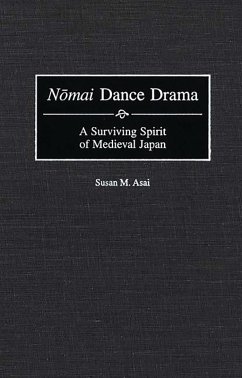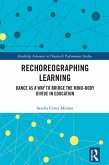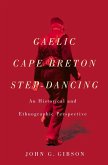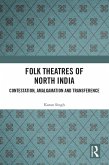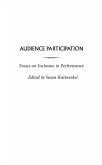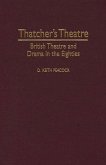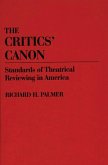Nomai dance drama, an artistic expression combining sacred, communal, economic, and cultural spheres of community life in the district of Higashidorimura, is a performing tradition that provides an identity to agriculturally based villages. It has retained features characteristic of the music, drama, and sacred practices of medieval Japan. N=omai singing exhibits traits linked to Buddhist chanting. The instrumental music originates from folk Shinto. This study highlights the social and cultural value n=omaii has for the residents in villages that perform it by providing the historical context in which it is examined, as well as its current performance practices.
As this work explores the aspects of agricultural Japanese society, revealed through a dance drama, it will appeal to music and drama scholars as well as students of Japanese culture and history. After establishing the historical lens from which to view n^D=omai drama, the theatrical and musical aspects are discussed in detail. Photographs and musical examples enhance this thorough, well-organized study.
As this work explores the aspects of agricultural Japanese society, revealed through a dance drama, it will appeal to music and drama scholars as well as students of Japanese culture and history. After establishing the historical lens from which to view n^D=omai drama, the theatrical and musical aspects are discussed in detail. Photographs and musical examples enhance this thorough, well-organized study.

